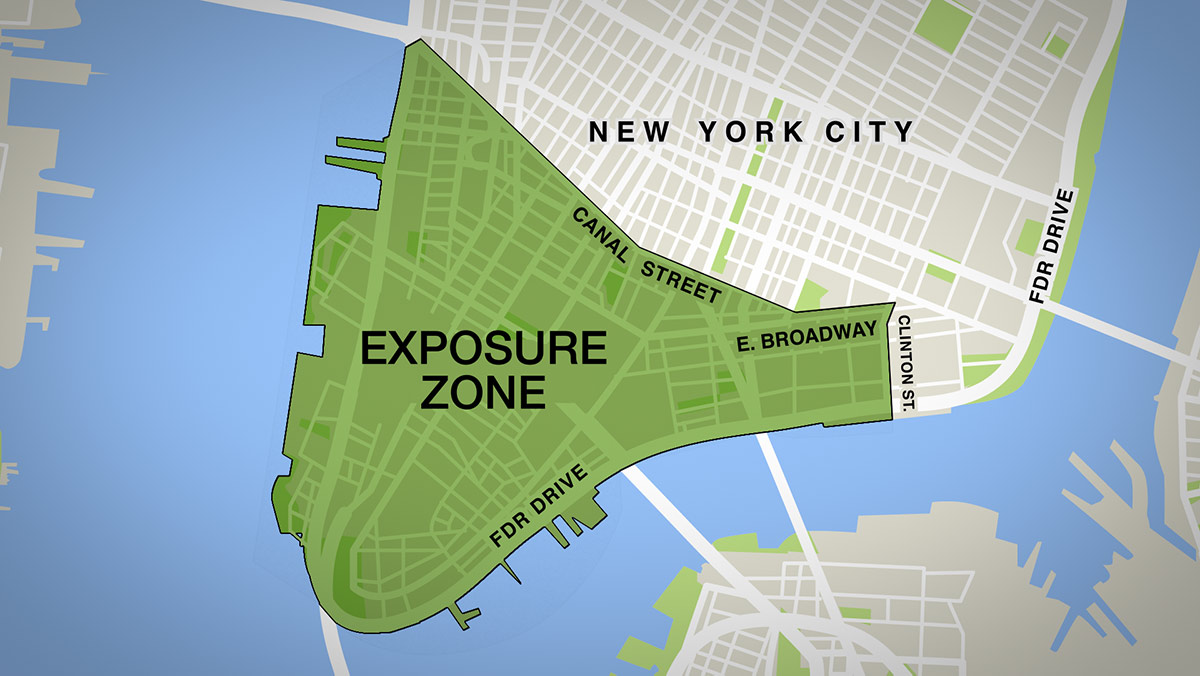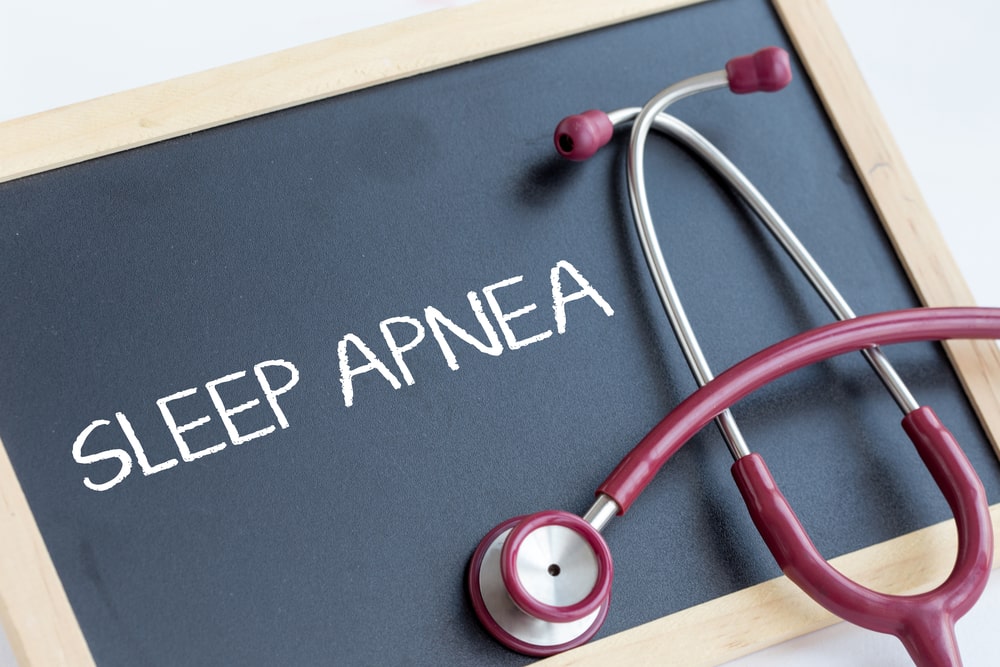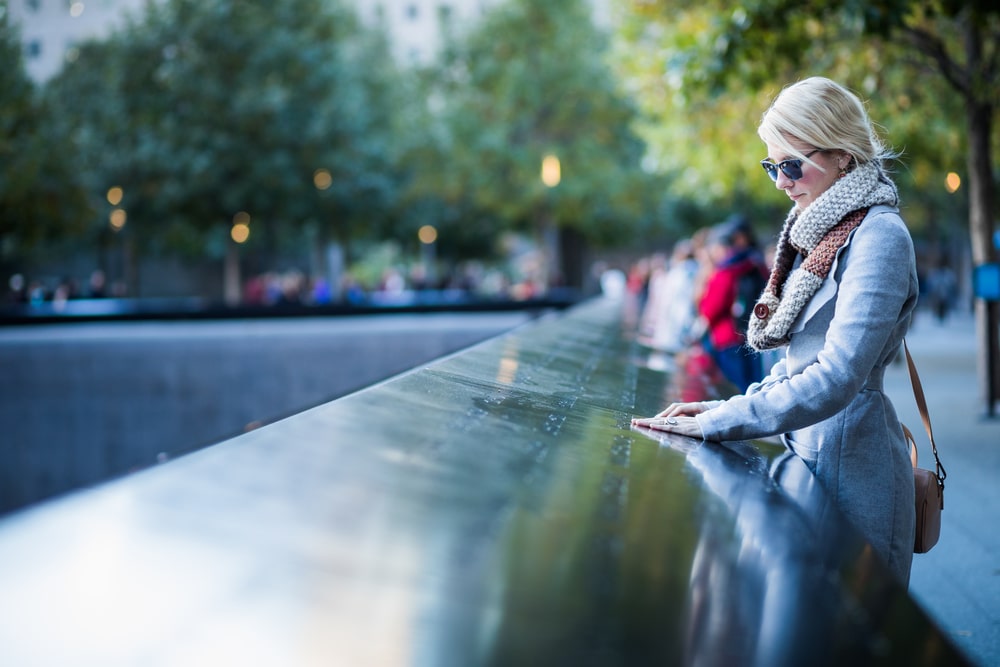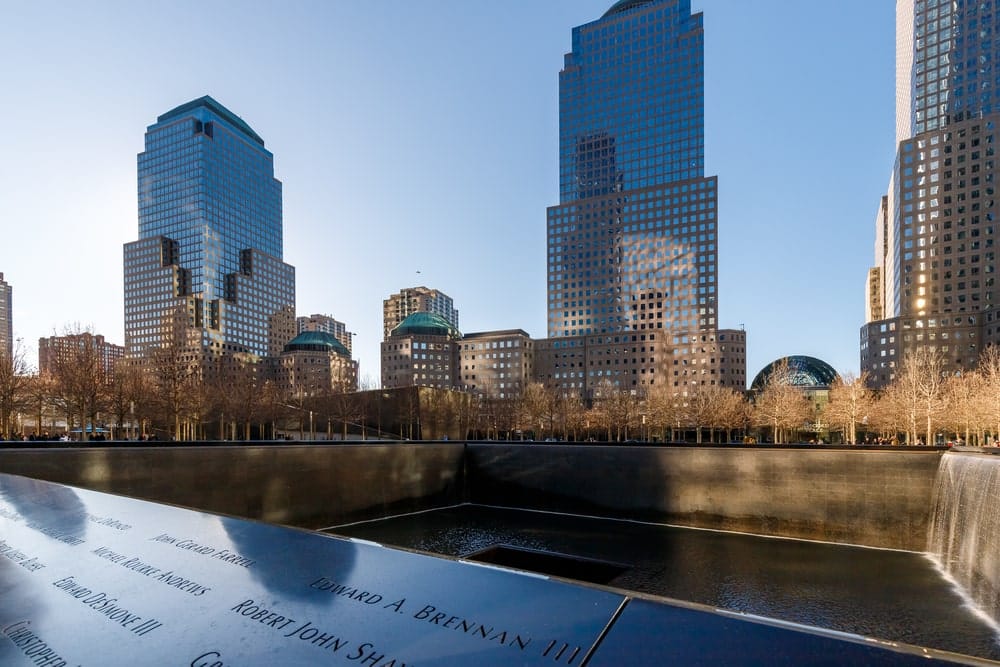In the aftermath of the worst and deadliest attack on America since December 7, 1941, Congress created the original September 11th Victim Compensation Fund (as part of the Air Transportation Safety and System Stabilization Act) to compensate victims of the attacks on the World Trade Center, the Pentagon, and those onboard the plane that crashed in Shanksville, Pennsylvania.
In July of 2019, the Never Forget the Heroes: James Zadroga, Ray Pfeifer, and Luis Alvarez Permanent Authorization of the September 11th Victim Compensation Fund was signed into law with these words uttered by President Trump: “Our nation owes each of you a profound debt that no words or deeds will ever repay. But we can and we will keep our nation’s promise to you…This law makes permanent the financial support for families who lost precious loved ones as a result of September 11th attacks. It also provides pensions for those who are suffering from cancer and other illnesses stemming from the toxic debris they were exposed to in the aftermath of the attacks.”
For those 9/11 survivors and victims who have filed a claim with the September 11th Victim Compensation Fund, only to have it denied, there is confusion and questions as to why it seems like the fund may not have lived up to that promise.
Possible reasons your claim was denied
When a victim submits a claim to the September 11th Victim Compensation Fund, it undergoes a review process. This is a two-part process that starts with establishing eligibility and includes:
• Preliminary review: To make sure that all required documentation has been received, including an Authorization for Release of Medical Records
• Substantive review: Verifies that the victim has a certified 9/11 medical condition and that he/she was present within the Exposure Zone within the specified dates; that all applicable deadlines were met; and that any and all 9/11 lawsuits have been resolved.
The next step for the September 11th Victim Compensation Fund is to render an eligibility decision. The claim will either be approved and sent on to compensation review, or denied; in which case a letter is sent to the claimant (the 9/11 victim) explaining how to appeal the decision and how to amend the claim in the future to provide additional information for consideration.
Several common reasons for denied September 11th Victim Compensation Fund claims:
• The submission is incomplete: It’s vital that all required information and documentation is included in the claim. While the September 11th Victim Compensation Fund may request it after the fact, it will delay the process.
• Medical condition/illness/disease is not certified: In order to be eligible for September 11th Victim Compensation Fund monetary compensation, the claimant must have or must have had (in cases where a Personal Representative is filing a claim on behalf of a deceased victim’s family) a certified 9/11-related illness. This means the victim must have registered with the World Trade Center Health Program (WTC Health Program) and have a certified illness. The September 11th Victim Compensation Fund does not consider any claim unless it was certified by the WTC Health Program.
• Lack of evidence of presence in the Exposure Zone: Presence in the Exposure Zone between the dates of September 11, 2001 and May 30, 2002 is a requirement for filing a claim. Supporting documents include employment or union records, residence records (such as rental agreements or mortgage statements) school enrollment records, utility bills or affidavits. The September 11th Victim Compensation Fund understands that “it is becoming increasingly difficult for some claimants to find documentation supporting their presence at the site after so many years have passed…(and) encourages individuals with this concern to gather documents now even if they are unsure about filing a claim in the future.”
• Missed deadlines: These vary depending on individual circumstances. It’s also important to note that there are two different deadlines: One for registering for the program, and another for filing a claim.
• Active lawsuits: Those who are involved in a 9/11 lawsuit cannot also seek September 11th Victim Compensation Fund compensation. The only exceptions are for lawsuits that commenced before December 22, 2003 and were settled before January 2, 2011; or, in certain circumstances, lawsuits brought under the Justice Against Sponsors of Terrorism Act or the U.S. Victim of State Sponsored Terrorism Fund.
You have 30 days to indicate your file your intention to appeal
While receiving a denial letter can be disheartening, there are options. The letter contains instructions on appealing a September 11th Victim Compensation Fund decision, but it’s imperative that those instructions are followed and that the Appeal Request Form is completed and signed. The form must be either uploaded to the online claim or postmarked by the due date that is shown in the decision letter. Failure to do so effectively waives the victim’s right to appeal.
The next step is to assemble the Appeal Package. This must include the Pre-Hearing Questionnaire and all supporting documentation. It also requires an Explanation of Appeal; a statement that allows claimants to explain the arguments that will be raised at the hearing, as well as the reasons why the victim believes the claim was not properly decided.
Once the Appeal Package is completed, it must be submitted as one package (meaning that all required documentation, plus the completed questionnaire and Explanation of Appeal letter is included) and uploaded or postmarked by the due date in the decision letter. Failure to do so will result in a denial of appeal.
Appealing vs. amending a claim
Simply put, claims are appealed when challenging the September 11th Victim Compensation Fund’s determination. A claim is amended when there is new information that may change the determination. According to the September 11th Victim Compensation Fund: “When considering whether to appeal or to amend, consider whether you are waiving or compromising a particular claim or argument by accepting payment on the original determination and choosing to pursue an amendment rather than an appeal. The VCF has discretion to determine whether an issue submitted on appeal is more appropriately addressed via amendment.”
An example of an appeal based on eligibility might be that the claim was denied because there was no proof of presence in the Exposure Zone. An example of an appeal of an award determination often means that the compensation wasn’t calculated properly. (Note well: In a compensation appeal, a claim will not be paid until after a decision is made on the appeal. In an eligibility appeal, compensation review will not commence until after a decision is made on the appeal.)
On the other hand, if a claimant originally filed for non-economic loss but now has medical records that demonstrates the severity of the illness, disease or condition, an amendment would be appropriate.
Contact our 9/11 Victim Compensation Fund attorneys today
Because so much is at stake, it is in your best interest to work with an experienced September 11th Victim Compensation Fund attorney when appealing or amending a claim. Our knowledgeable lawyers understand the September 11th Victim Compensation Fund procedures and are positioned to help victims of the September 11th attacks get a favorable outcome. To learn more about how we can help and to schedule a free consultation, please call us at 332-334-8155 or contact us online.






